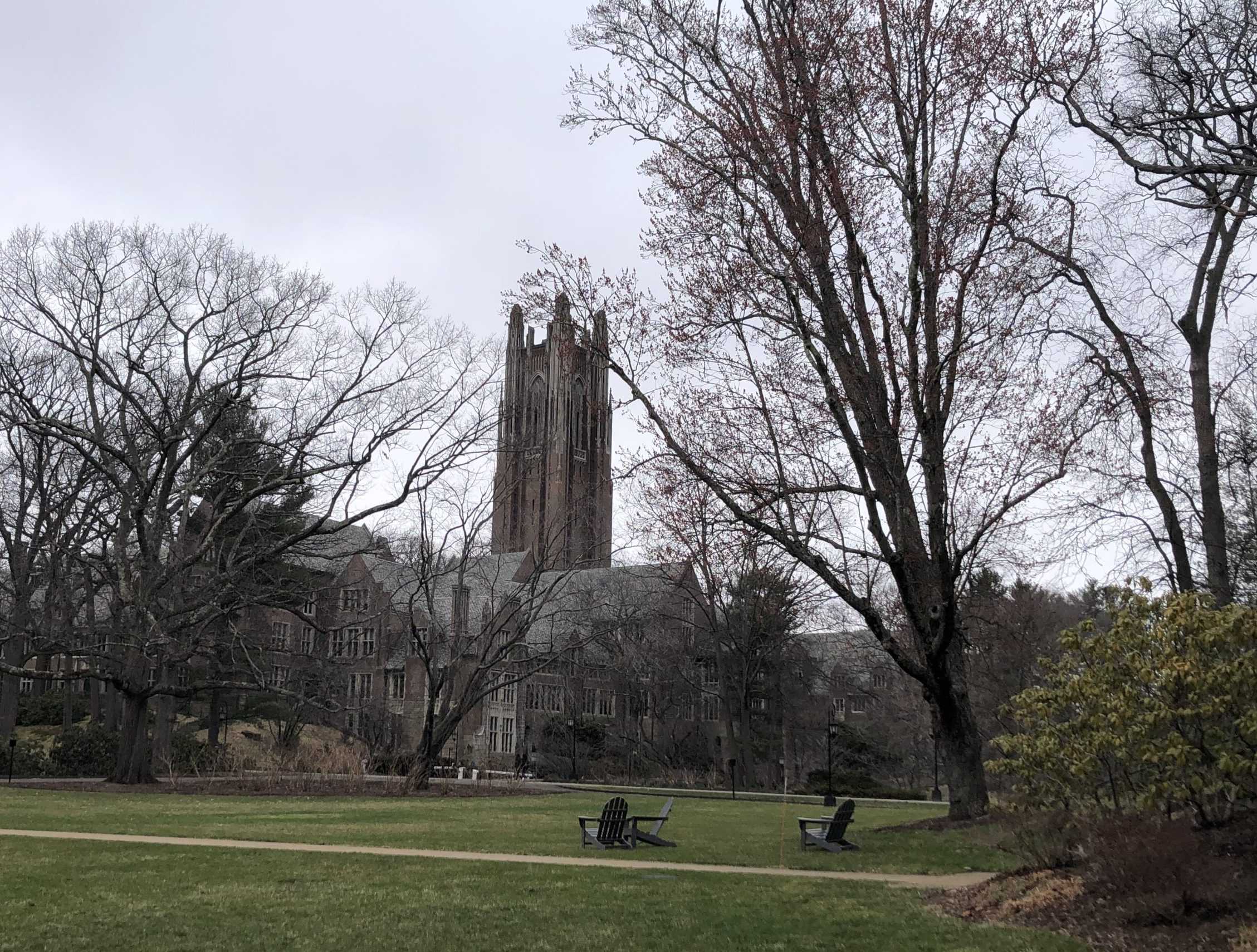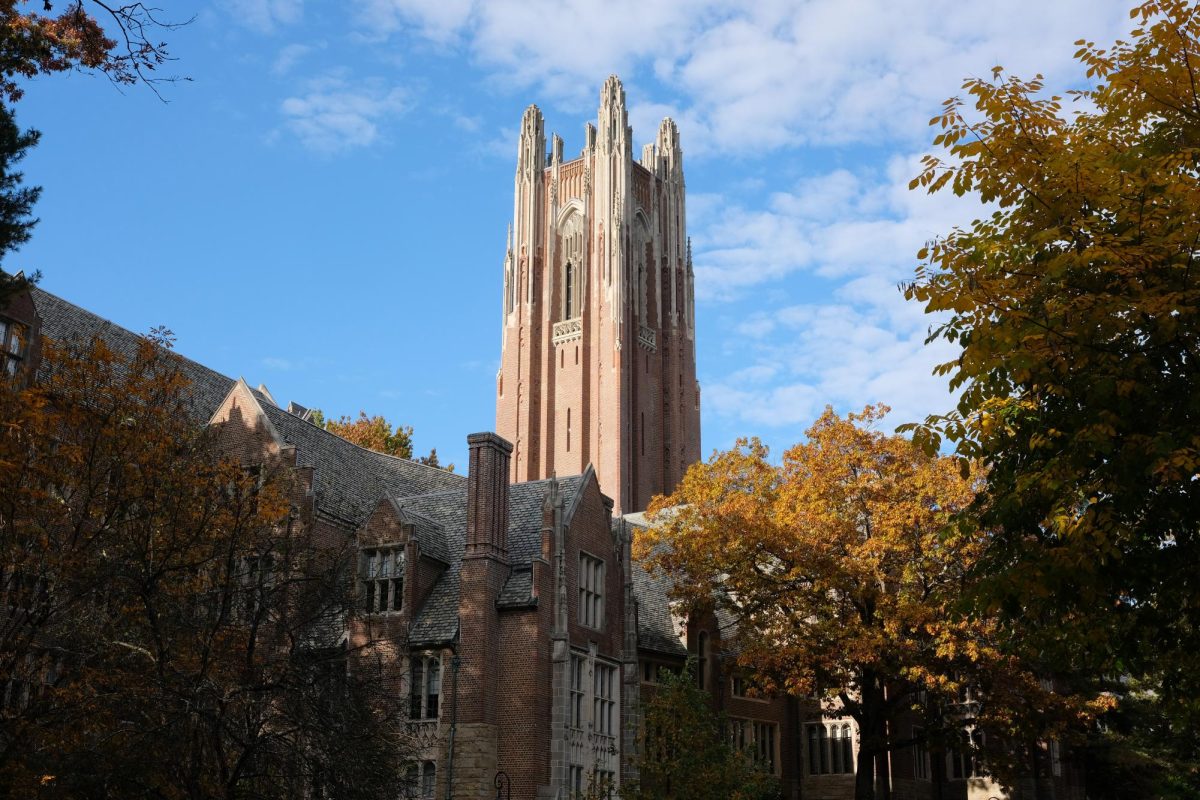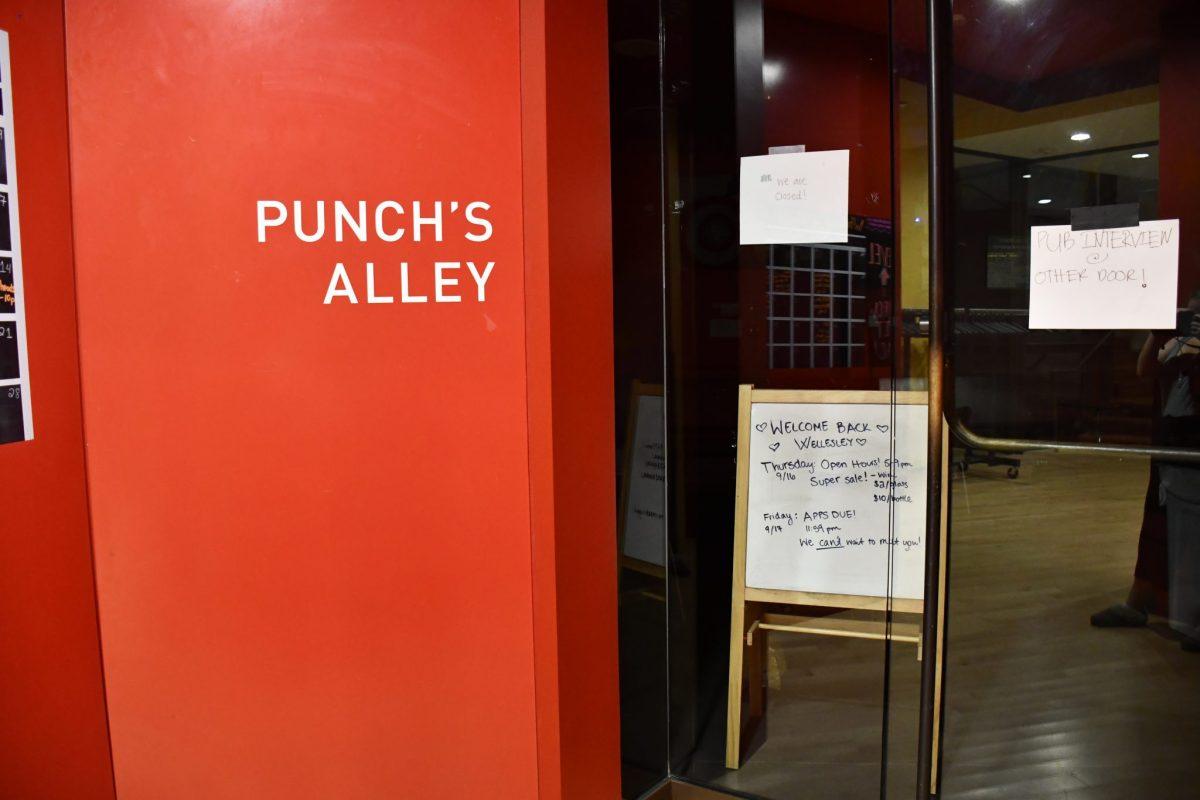The Wellesley Organized Academic Workers (WOAW) union is six months into bargaining for their first contract with the College and still far from one.
The efforts of Wellesley’s non-tenured track faculty are part of a broader wave of organizing among academics across U.S. higher education institutions, pushing for higher wages, improved working conditions, and better job security. While tenure provides professors with near-total job security, these protections are often not offered for other faculty members who move in and out of the Wellesley academic system.
Bargaining breakdown
The Wellesley News follows the recent bargaining sessions and the advocacy among the wider College community. As of Sept. 26, the College and the Union have only tentatively agreed on seven out of 36 bargaining proposals outlined in WOAW’s tracker.
The agreed proposals include ground rules on collective bargaining such as regulations for Zoom, severability and the union-management committee, employment and workplace-related issues regarding health and safety, and job postings discipline and dismissal.
A tentative agreement about Health and Safety policy was reached during the latest bargaining session on Sept. 24. This includes articles regarding the prompt notification of health and safety-related concerns, the provision of safety-related equipment, and training expectations for faculty.
Disagreements over faculty titles persist. While WOAW proposed renaming lecturers and senior lecturers to “Assistant Professor of the Practice” and “Professor of the Practice,” the College insisted on the existing titles of “Lecturer” and “Senior Lecturer.” However, the College agreed that senior lecturers can be promoted to “Principal Lecturer” after 10 years in the position. The College had previously proposed the title “Master Lecturer” for this position, which the Union argued was rooted in racial and gendered language.
The College also proposed to increase teaching and advising expectations. As of August 20, the College proposed to increase the full-time teaching workload from four to five courses and advise 15-25 students per year. WOAW has not yet discussed a counterproposal in the bargaining session with the College.
At direct peer institutions including Barnard College, non-tenured faculty are expected to teach five to six courses each semester. As Barnard’s courses vary from one credit-hours to 4 credit-hours the News cannot independently verify how teaching workload differs.
WOAW and the College have yet to discuss compensation or benefits-related topics. For the fiscal year 2023–2024, the average compensation for full-time lecturers and ISLs was $92,995 alongside benefits, according to the College. However, the current starting salary for the group stands at $64,516. Salaries differ within the non-tenured track faculty and some were offered higher salaries before the College cut starting salary in 2008.
Sharpening priorities
For the upcoming bargaining sessions, one goal WOAW is still pushing for is a union-centered grievance process around workplace harassment, according to faculty union members.
“We just want there to be an option for faculty to be able to go through their union when something like this comes up. Some of the benefits of doing that, of going to your union, is that you could have clearer timelines, shorter timelines to getting to finding a resolution to the issue,” said Anne Brubaker, Senior Lecturer in the Writing Program.
The Wellesley News previously reported that WOAW is circulating an open letter to the senior college administrations advocating for such changes. Over 590 faculty, staff, students and alumni have signed the open letter as of Oct 1.
The College’s bargaining update webpage states that the College intends to maintain a “single, College-wide set of policies and procedures.” The Union’s proposal, exclusive to Union members, would allow them to “sidestep” college processes, it said.
In a fact sheet provided by the College, they said the College’s proposal enables union members to “immediately access supportive measures after filing a complaint” and allows them to “file a union grievance” if the claimant is not satisfied with the investigation result.
The College and WOAW failed to reach an agreement at the most recent bargaining session.
“A wild goose chase:” Concerns over language and pacing
Negotiating the first collective bargaining contract often requires more than a year, but concerns about the current pacing, the College’s bargaining strategy and language mount among Union members.
“Even though we recognize that a first contract has a lot of dimensions to it, it feels as though there are things that could be easily settled upon,” said Brubaker.
The Union said they had meetings separated by a few weeks, which could be a “strategy on the part of the college.” Between May 30 to August 20, both parties met for six sessions that skipped the week of June 16, according to the bargaining tracker.
The College’s initial counter to the Union’s proposal may have contributed to delays, according to WOAW. The process of bargaining typically involved tracking changes by crossing out and adding new text on proposals and counter-proposals.
“Instead of returning our proposal and responding to it, they’ll write a whole new one, which is sort of like a wild goose chase,” said Heather Bryant, Senior Lecturer in the Writing Program.
Members also stated that the College would alter certain language after both sides had already reached a tentative agreement on articles.
Possible divisions
WOAW members have expressed concerns over potential divisions between faculty in and out of the union through language used by the College.
At convocation, President Johnson’s message “Welcome to our new faculty, to our new administrative and staff and union members,” which WOAW members interpreted as drawing a distinction between faculty and members of the union.
“The effect of the rhetoric throughout is this: there’s the college, and then there’s the Union, and the Union is somehow not a part of the college community, which seems to fly in the face of the stated goal of coming together for the betterment of all of the college,” said Paul Martorelli, Lecturer in Political Science.
Furthermore, members describe worries that the College has not made it clear to tenured faculty that it is now acceptable for dialogues with union members discussing the Union itself. While tenure-track faculty were not allowed to discuss the union with non-tenure track faculty as WOAW was being constituted, this is no longer the case.
The College has altered eligibility requirements for opportunities, said WOAW representatives. Flagship programs such as the Albright Institute and the Hillary Rodham Center do not currently accept applications from non-tenure track faculty in bargaining.
“[The College is] very quick to say, ‘Well, you’re in bargaining, so we cannot discuss that.’ They’ve extended that much more broadly than it makes sense, basically, to everything,” said Bryant.
“Eligibility for these programs is part of the terms and conditions of employment, which are currently being negotiated between the union and the College. Therefore, the College has not yet taken any position on whether bargaining unit employees can participate in faculty initiatives that have been newly introduced since the unionization vote,” said a Wellesley College spokesperson in a response to the News.
However, the College’s response did not include any additional comments on these specific concerns addressed by WOAW. In an email to the News, the College said the Community should refer to the College’s website for any updates and questions.
“Energy Bolt”
Going back into the school year, the Union said they are excited about the “energy bolt” from the Wellesley community that could impact the bargaining process.
Many of the union’s proposals are relevant to the student body, said Bryant. For example, the rigor of recommendation letters could be stronger depending on the lecturer’s title, and the growing number of visiting faculty could impact the future of longer-term student-teacher relationships.
“The administration sometimes forgets that when things are better for the faculty, things are better for the students. That’s improving the quality of our education, so it’s in our self-interest that they have better conditions,” said Alex Teasley ‘27.
The past year has seen a swift turnaround of unionization at Wellesley College, from the announcement in November, the legal status ratified in February to the start of bargaining in May. This year, WOAW hopes that this momentum and upcoming bargaining sessions will help continue their work.
“I think our major goal has shifted, which is to win this contract fairly, equitably and quickly,” said Martorelli.
Reporting by Valida Pau, Christina Ding and Ruby Barenberg. Contact the editors responsible for this story: Sazma Sarwar, Lyanne Wang
(Updated with additional information provided by the College in paragraph 14, non-tenured track faculty starting salary in paragraph 9.)







